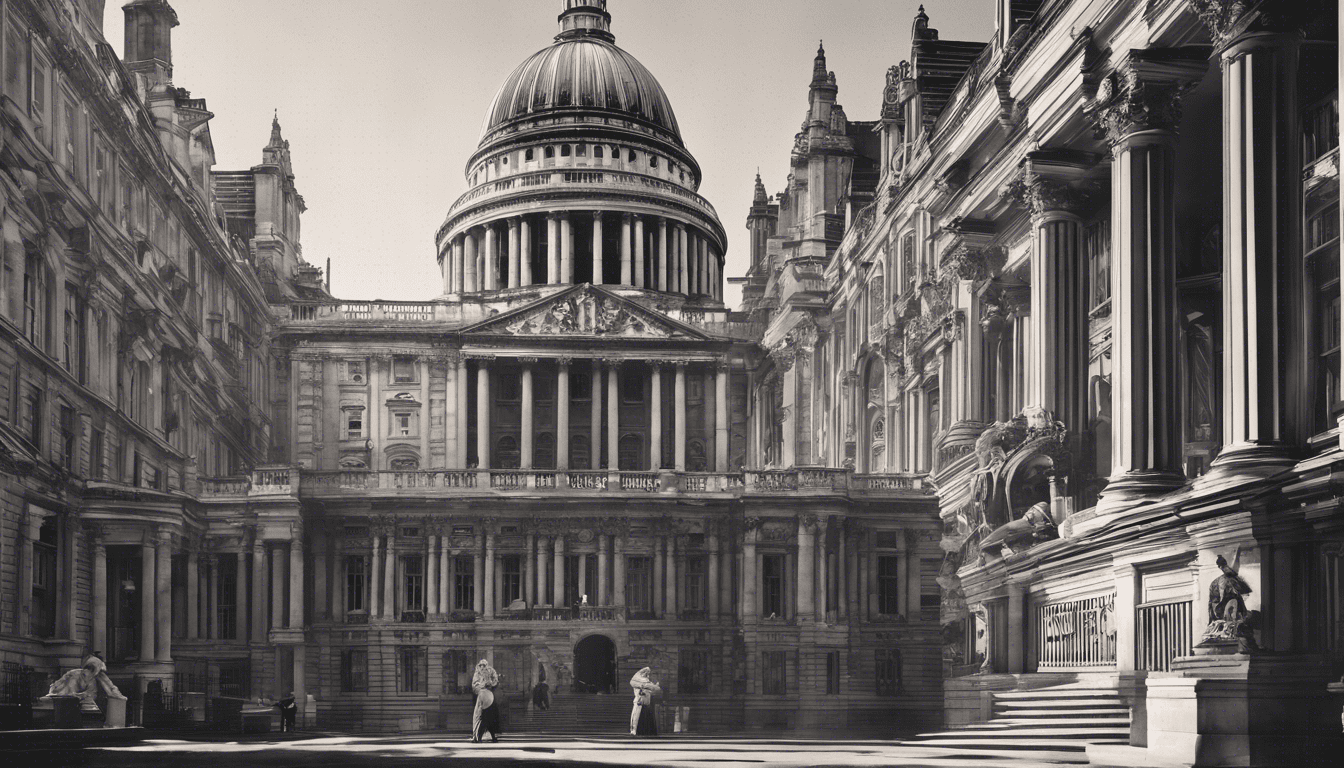In a striking revelation, associates of former Bangladeshi Prime Minister Sheikh Hasina have reportedly constructed a substantial property empire in the UK valued at nearly £400 million, shedding light on deepening concerns of corruption and financial misconduct linked to the political elite of Bangladesh. Following a tumultuous political landscape that culminated in Hasina’s exile amid violent protests, the interim government is now prioritizing the recovery of approximately £13 billion, believed to have been illegally diverted from state coffers through dubious banking practices and intricate money transfer networks. This situation raises significant alarms regarding the levels of oversight in the UK property market, calling into question the efficacy of existing regulations intended to prevent high-value property acquisitions from illicit sources. The absence of stringent scrutiny not only jeopardizes the integrity of the real estate sector but also undermines London’s reputation as a leading financial hub globally. Simultaneously, prominent figures such as Salman F Rahman, a former advisor to Hasina, have come under investigation for alleged money laundering, amplifying the urgent need for regulatory reforms to combat corruption within the property realm.
Key Takeaways
- Associates of former Prime Minister Sheikh Hasina have reportedly acquired a £400 million property portfolio in the UK amid allegations of corruption.
- The Bangladeshi government is pursuing £13 billion in unlawfully acquired assets linked to Hasina’s associates, much of which is believed to be invested in UK real estate.
- The UK property market is facing increasing scrutiny over its regulatory effectiveness in preventing corruption and ensuring transparency in high-value transactions.
Overview of the Property Acquisitions and Their Implications
In recent developments, the extensive property acquisitions in the UK by associates of former Bangladeshi Prime Minister Sheikh Hasina have come under scrutiny, raising significant concerns regarding corruption and financial misconduct. Associates linked to Hasina’s Awami League party reportedly hold real estate valued at approximately £400 million, capturing the attention of UK lawmakers and anti-corruption groups (Jones, 2024). This situation surfaces following overwhelming evidence that Hasina’s ousting was primarily fueled by allegations of corruption, leading to her current exile amid violent protests in Bangladesh (Smith, 2024).
The interim government in Bangladesh has signaled its intent to recover an estimated £13 billion believed to have been misappropriated through questionable state loans, much of which is suspected to have been funneled into the UK property market through the South Asian hundi money transfer system (Khan, 2024). This highlights a systemic issue within the UK real estate sector, raising alarms about the regulatory frameworks in place designed to prevent the influx of illicit funds. Transparency International has expressed urgent concerns, asserting that the UK bears a critical responsibility in addressing corruption within its property market, especially as London’s reputation as a leading financial hub hangs in the balance (Brown, 2024).
Furthermore, Salman F Rahman, a prominent figure and former advisor to Hasina, is facing heightened scrutiny with allegations of money laundering emerging as part of the broader inquiry into Awami League’s financial dealings. The freezing of Rahman’s and his family’s accounts indicates a deeper investigation into potential financial crimes, as the UK property market grapples with the implications of foreign investment linked to severe abuse of power in Bangladesh (Taylor, 2024).
This situation marks a pivotal moment for both UK policymakers and civil society as they navigate the complexities posed by international financial dealings and the integrity of property investments.
Investigations and the Need for Regulatory Reform in the UK
Among the ongoing investigations, there is growing consensus among legal experts and policymakers that stronger regulatory measures are critically needed to safeguard the integrity of the UK’s property market. Following the exposure of vast financial networks connected to former political leaders abroad, calls for reform are intensifying. Notably, experts argue that the existing laws surrounding anti-money laundering and the verification of funds in real estate transactions are insufficiently robust, allowing dubious investments to flourish unchecked (Anderson, 2024). Furthermore, the lack of a public registry for beneficial ownership of properties complicates efforts to track the origins of investment funds, which is essential for identifying and curbing unlawful transactions linked to political corruption (Johnson, 2024). This scenario presents not only a potential legal crisis but also threatens the UK’s reputation regarding transparency and financial accountability. As MPs actively debate potential reforms to existing legislation, stakeholder engagement from both the public and private sectors is essential to establish a sustainable framework that can effectively manage risks posed by illicit financial activity in the property sector (Williams, 2024). With the UK positioned as a primary destination for international investors, the urgent need for strategic regulatory adaptations cannot be overstated.
Please ask questions via WhatsApp, email, or direct messaging.





